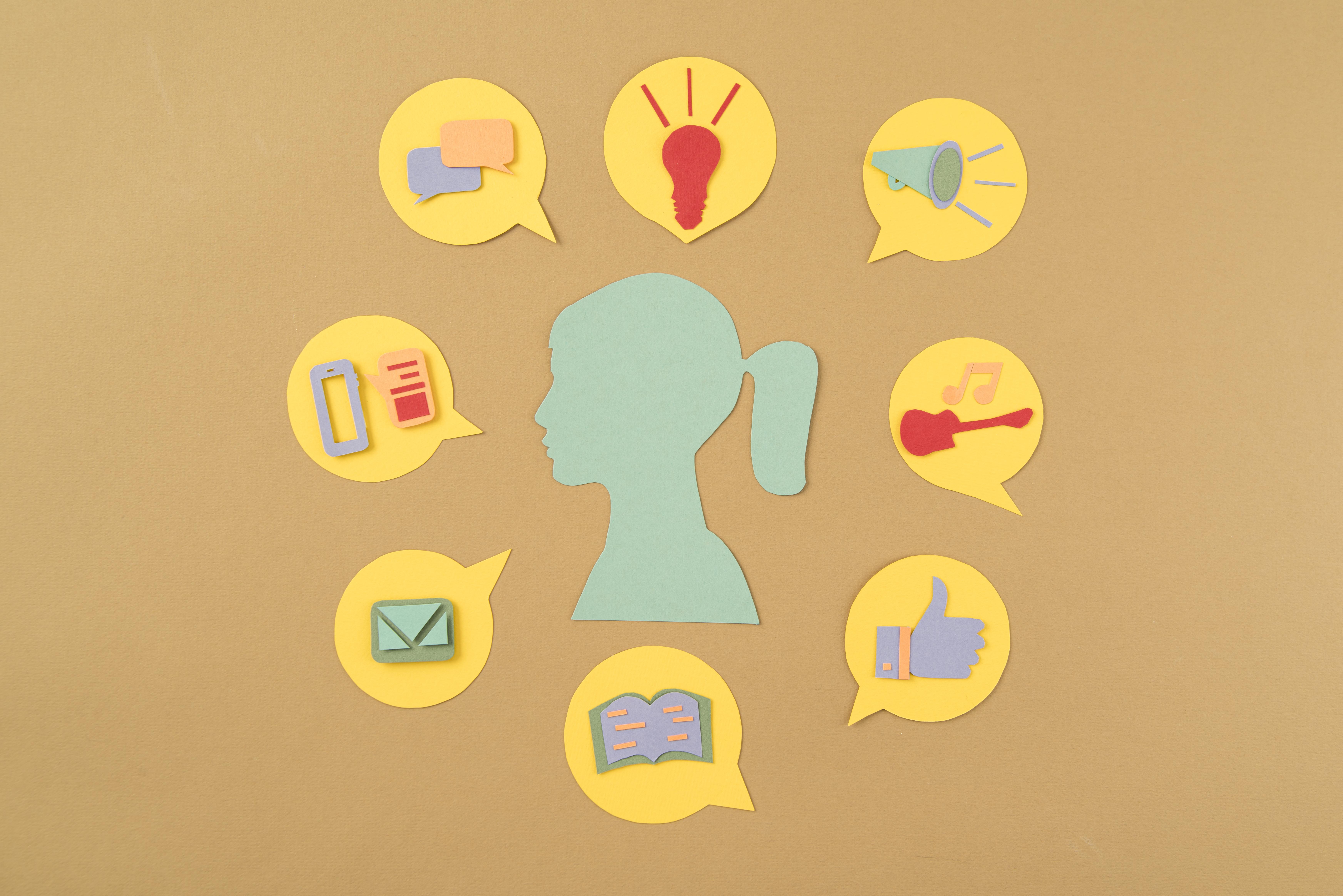Self-reflection and reflective practices
| Site: | Vitajte v prostredí e-learningu na Filozofickej fakulte PU |
| Course: | ELT: DASS Autonomy Development using ePortfolio |
| Book: | Self-reflection and reflective practices |
| Printed by: | Hosťovský používateľ |
| Date: | Saturday, 17 January 2026, 6:44 PM |
Description
In this section, we will consider the role of self-reflection in the development of Learner autonomy. You will:
- understand how self-reflection helps learners become empowered learners
- be able to identify several methods of developing reflective skills in learners
- learn about the portfolio as a tool for supporting reflection
1. Self-reflection
1.1. Think
1. Think of the word „self-reflection“ and imagine you are looking into the mirror. What can you see? Why do people look in the mirror?
2. What can „self-reflection“ mean on the internal level? Can we use some mirror to „look into our head“? Why would we do it?
3. Can such mirrors be useful in the learning process? How?
1.2. Metacognition
 Self-reflection
encourages students to assess their own learning and take ownership of their
educational journey. It helps students to use their metacognitive skills, i. e.
thinking about their learning, and discovering their strengths or weaknesses,
their learning preferences, or about the space for improvement.
Self-reflection
encourages students to assess their own learning and take ownership of their
educational journey. It helps students to use their metacognitive skills, i. e.
thinking about their learning, and discovering their strengths or weaknesses,
their learning preferences, or about the space for improvement.
It serves as a critical tool for self-awareness and understanding where we are, where we want to get and what we need to do to get there. Metacognitive strategies, as presented by Rebecca Oxford (1990) help learners e.g. to set their learning aims, to monitor their progress, to evaluate their outcomes, to identify where they need to improve and what works for them. Through self-reflection, students can identify effective learning strategies that work best for them. They can discover which methods enhance their understanding, retention, and application of knowledge, contributing to a personalized and autonomous approach to learning. By exercising these skills learners are not left at the mercy of their educators who would declare whether they are successful or not as learners but can actively engage in the process, and decide about adjustments which need to be done to stay on track, promoting a sense of control over their own learning journey.
Equipping learners with metacognitive skills is crucial for the development of their autonomy by engaging in self-reflection. In this way, learners can develop a sense of ownership over their learning and recognize that immediate and future success is in their hands because by reflecting on past experiences and achievements, they can plan their academic and personal development, fostering a sense of direction and purpose. This is often missing in a typical formal education setting where it is the teacher who decides where the learning is heading and how the aims are to be achieved, not rarely without students even realising it. However, students are more likely to feel accountable for their learning outcomes when they have a clear understanding of their goals and progress, leading to increased autonomy and motivation.
When learners develop the habit of reflecting on their experiences, making adjustments, and seeking new knowledge already in the school environment, they will probably choose to behave similarly throughout their entire lives.
1.3. Metacognitive Learning Strategies
 Metacognitive
strategies enable the learners to notice and become aware of how they achieve
success and overcome obstacles. Oxford (1990, pp.18-21) defines the following
subgroups and strategies under the category of metacognitive learning
strategies:
Metacognitive
strategies enable the learners to notice and become aware of how they achieve
success and overcome obstacles. Oxford (1990, pp.18-21) defines the following
subgroups and strategies under the category of metacognitive learning
strategies:
1. Focus of attention:
- linking the learning to be acquired with the learning already acquired
- focus/concentration
- emphasising listening at the expense of speaking
2. Organisation and planning of the learning process:
- acquiring knowledge about language acquisition
- organising and arranging the material
- setting objectives
- identification of the purpose/substance/meaning of the activity or task
- preparation for the task
- finding opportunities to use the language
3. Evaluation of the learning process:
- self-monitoring of the learning process
- self-assessment
1.4. Metacognitive strategies in education
In the school environment, metacognitive strategies are often underestimated or their development is completely absent. The main reason for this is both a rigid focus on the content of the curriculum, which is prescribed by the basic pedagogical documents - the teacher does not work with the pupil, but with the curriculum/textbook - but also the perception that pupils - especially in primary school - are not able to use these strategies. Teachers often argue that their pupils do not need to think about what and how they are learning because they would not be able to understand it.
However, if learners are instructed properly, they can describe what strategies they will use in learning. This is demonstrated by the experience of teachers who have actively addressed this issue in their teaching. Gail Ellis's (1999, p.110) experience can be cited as an example:
“My own classroom practice has shown that children are capable of expressing an awareness about their own learning that they are rarely given credit for, and this awareness can be developed. The kind of awareness or knowledge that children do have about their learning is the comparative difficulty of different types of tasks, knowledge about themselves as learners and of the ways in which they generally operate strategically. What does not develop either as fast or as inevitably is the ability to use that knowledge spontaneously in pursuance of a cognitive goal.“